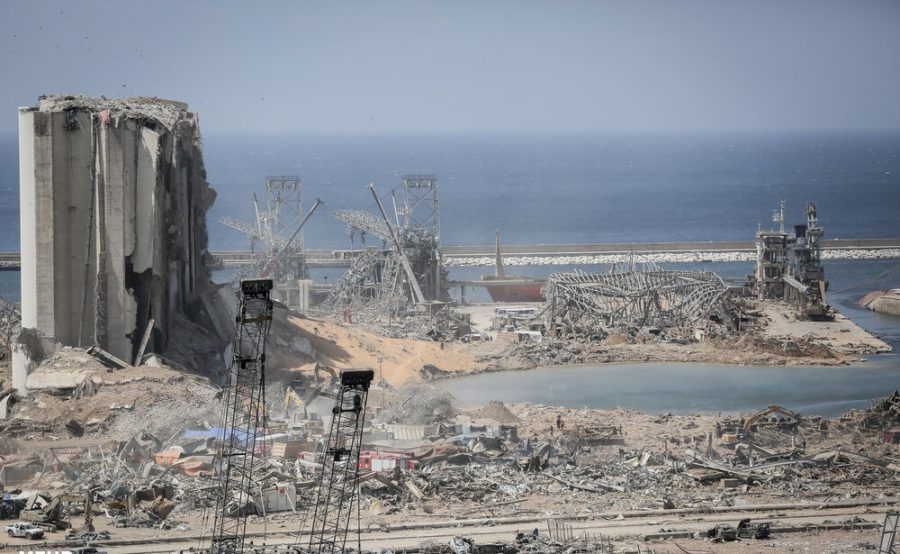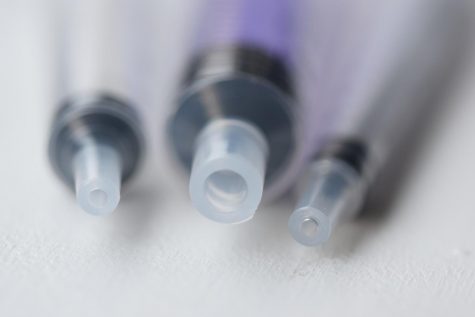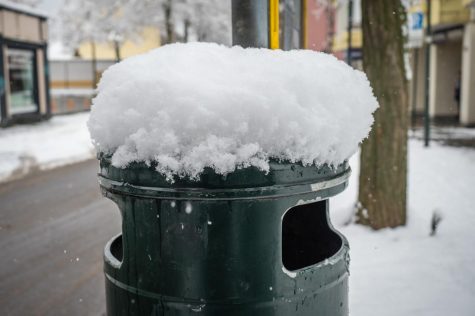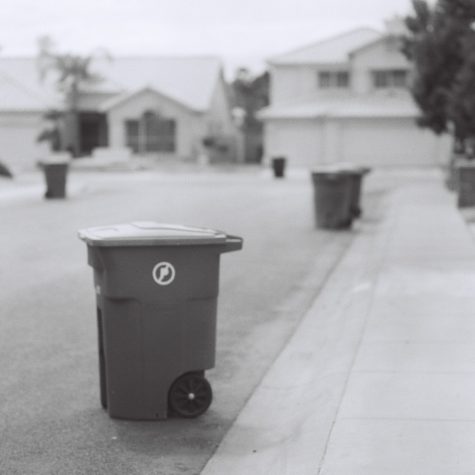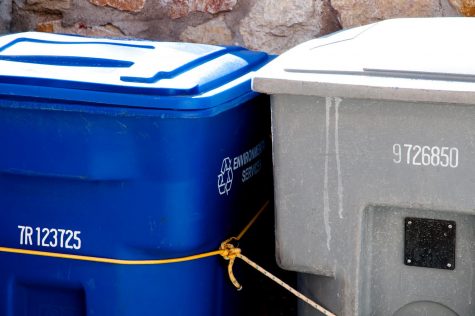Tragedy in Beirut
Tragedy struck Lebanon on August 4th when the port of Beirut suddenly exploded. Warehouses which had been storing large quantities of ammonium nitrate caught fire, and multiple small blasts preceded a then massive explosion which leveled the entire port and inflicted severe damage to the city. The blast left behind a 460-foot-wide crater which quickly filled with water from the sea. The cause of the accident was attributed to maintenance taking place on the warehouse prior to the tragedy.
For those who do not know, ammonium nitrate is relatively safe when carefully attended to and stored properly, and is very common in agricultural fertilizers, along with being frequently used in the mining industry. However, it can become deadly if dealt with incorrectly, or if an accident occurs, and this is compounded by the fact that Ammonium Nitrate also absorbs moisture, making a reaction with fire worse as time goes on.
The president vowed to hold the guilty party accountable. Government port officials neglected warnings from inspectors that the unsafe quantity of ammonium nitrate being stored was enough to “blow up all of Beirut,’ and this negligence was further proof of deep seated trouble that plagues Lebanon’s government.
The explosion was the last straw, and many citizens took to the streets to protest against their government, which has been steeped in corruption for years. In response to these demonstrations, the then-Prime Minister of Lebanon, Hassan Diab, called for an early election. However, on the streets, tear gas and rocks were exchanged between riot police and protesters, and nooses and gallows were erected in Martyrs’ square, an affluent area of the city. The Lebanese economy tanked, with banks withholding money for loans and withdrawals. Even some members of parliament handed in their resignations and joined the movement, seeking reform.
Augmented by the pandemic, the death toll from the explosion grew. Hospitals were swamped dealing with the approximately 2000-5000 injuries from the blast. Multiple world leaders discussed about how to appropriately administer aid in order to avoid a humanitarian crisis, since many people are displaced and without a home, and some European countries promised aid to the recovering country, along with neighboring countries echoing the same sentiment.
The United States has pledged 17 million dollars, on top of the 403 million given since September of last year. However, there are many ways for us to contribute at home. Organizations such as the Lebanese Red Cross, Impact Lebanon, and Project HOPE provide equipment to the affected parts of Beirut, help transport first responders, and help find missing people. Others, such as Live Love Beirut and The Lebanese Food Bank, and CARE specialize in aiding vulnerable families and giving them provisions and medical supplies. Save the Children, another group, works with the younger victims of the explosion. Even the psychological toll of such an event is accounted for; Humanity and Inclusions provides mental health resources to those who need it.
It is hard to understand what the people of Lebanon are going through, but it is important that we support them in any way we are able. Hopefully, this tragedy may be turned into a positive turning point for the nation. As they rebuild, everyone must do what they can so that something brighter may come from the blast.
